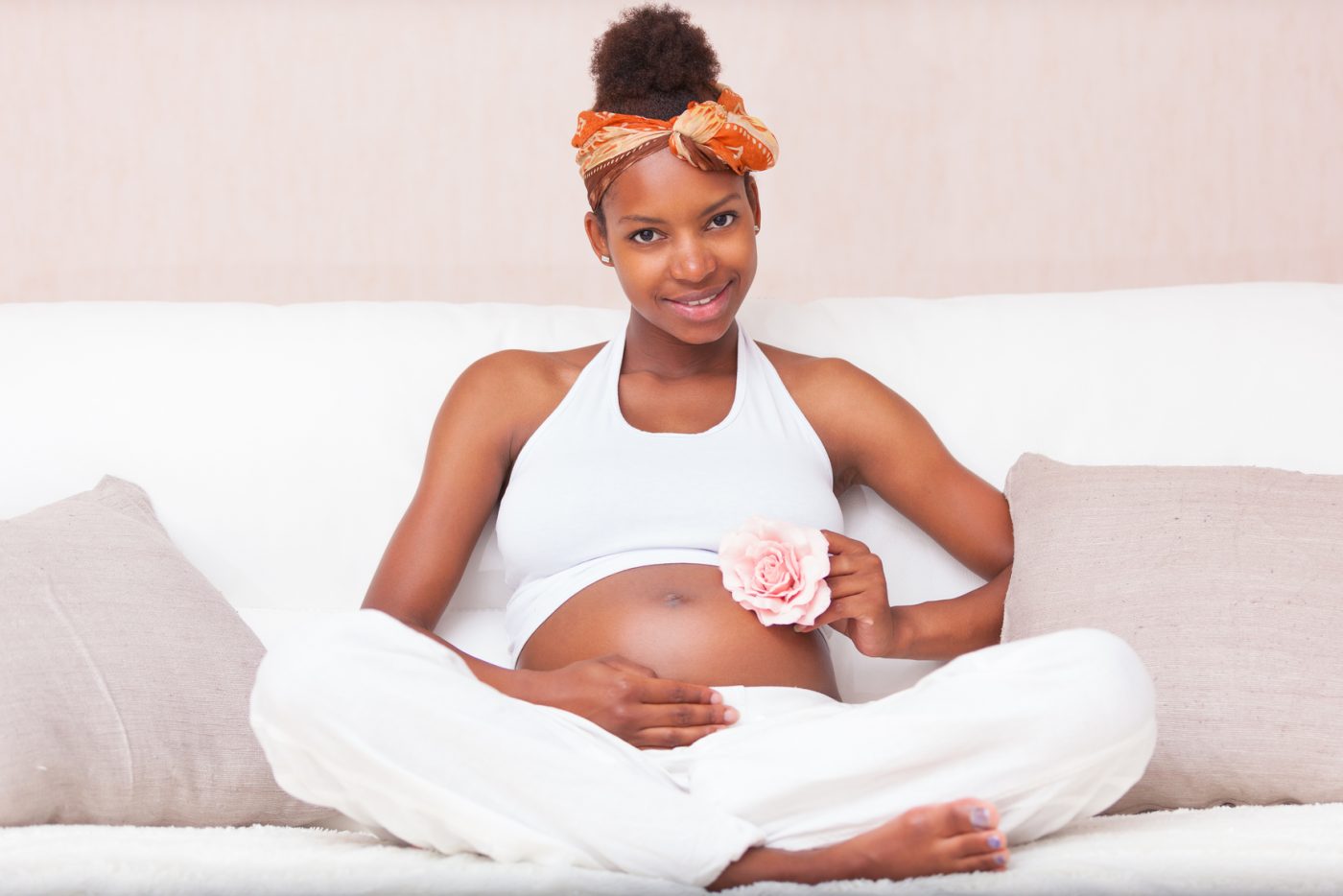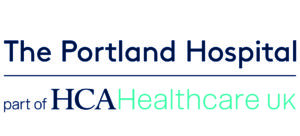
Some women can feel very swollen generally after the birth. Swelling (oedema) in the lower legs and feet is totally normal. Any fluids resorbed by your uterus, as well as any intravenous fluids received during labour, can gather in your feet and your hands. The swelling should go down within a fortnight – but may take a bit longer! Sometimes your shoe size will go up either temporarily or permanently after birth since your ligaments have relaxed, making your feet spread. Drinking plenty of water and elevating feet at rest will help with this.
Some incontinence after birth is normal and usually temporary. The muscles of the vagina have been stretched during birth and you may find that you leak urine, especially if you laugh or cough unexpectedly.
If you are experiencing a lot of leaking, wear a thicker sanitary towel – you’ll be wearing one anyway to soak up the bleeding called lochia after birth (see below). Go to the toilet frequently even if you don’t feel you need a wee. Tell your doctor at your six-week check if it persists.
If it’s just a case of muscle tone, you can strengthen your pelvic floor muscles with the or pelvic floor exercises you were taught in your antenatal class. Your midwife and or physio will talk you through these again after birth. They are often included in postnatal yoga and pilates classes that focus on building core strength after birth.
My breasts feel full already, is this normal?
Usually around 3 days after the birth, your breasts will swell and feel very full and heavy. This is a sign that your milk is coming in although your breasts aren’t just full of milk, but fluids such as blood and lymph. If your breasts become hard, hot and painful they could be engorged and you need to make sure that your baby is latching on properly and breastfeeding efficiently. Once your baby is removing milk effectively during a breastfeed and your production has settled, the engorgement should pass. If your baby is unable to breastfeed, (for example if they are in NICU and not able to suck effectively) you should start expressing your milk to ease engorgement and get milk production going so you can feed your baby your milk with a pipette, cup or bottle. If your baby is in NICU or SCBU, they may also be given your expressed milk through a tube that goes in through their nose – an NG tube.
Postpartum discharge, known as lochia, is blood and cells from the lining of your uterus. This can go on for several weeks and will lighten gradually. It is better to use a thick sanitary pad rather than a tampon, which carries a risk of infection. You may feel afterpains, which is a sign that your uterus is contracting back to its pregnancy size.
Whilst some blood loss is normal after birth, there are some symptoms that need medical attention from your midwife or doctor. If your bleeding is very heavy and bright red, this might be a postpartum haemorrhage, call an ambulance as you need emergency treatment. This may happen within 24 hours of birth – or later – classically 7-10 days after birth (although secondary haemorrhages can occur up to three months after birth). However, long after the birth this happens, it may be from retained placenta or from an infection. Call your midwife or doctor straight away if your blood loss lochia has an unpleasant smell, you feel feverish, bleeding stays bright red after 7 days, or your abdomen feels tender. If the bleeding is very heavy, you should call an ambulance as you need emergency treatment.
Why is my hair coming out?
During your pregnancy, your hair may have been your crowning glory. However, after your baby is born your oestrogen levels fall, so hair may start to fall out. This can be noticeable when your baby is about 12 weeks old, but rest assured your hair should return to the pre-pregnancy condition in time – usually within 12 months of the birth.
The uterus, bladder and rectum can all fall a bit as a result of labour and birth. Usually, this is temporary. Kegel exercises can help strengthen the pelvic floor muscles. Eat plenty of fruit and vegetables, and drink lots of water so you avoid straining with constipation.
Most women will tear a little bit during birth and about two-thirds of these injuries need a few stitches. Severe third-degree tears are rare, but can affect the muscles around the anus, and will need stitching by the obstetric surgeon. Tears and stitches can feel sore after birth and you can feel like your whole vaginal area is bruised.
To ease the pain of stitches and tears and aid recovery, make sure you have a bath each day followed by about five to ten minutes with your perineum exposed to the air to aid the healing process. If it’s very painful a cold gel pack or a chilled sanitary towel can ease the swelling and the pain.
Piles, or haemorrhoids, are swollen blood vessels in the rectum. They are common in pregnancy and women also develop them after birth from the huge pressure of pushing. They can be very itchy, sore and uncomfortable. Again, cold gel packs can relieve the discomfort but speak to your doctor if they haven’t gone by the time you have your six-week check. You should keep the area clean and patted dry and you can gently push the piles back inside while you are in the shower. If you use a cream make sure that it is suitable for breastfeeding women. Avoid constipation where possible by drinking plenty of water and eating a good diet.
It’s normal for your scar to feel tender while it’s healing. Your body has undergone major surgery and it takes a while for the muscles to knit themselves back together. Be careful how you move around, and wear big pants rather than pants that might irritate the scar. Once it’s well healed – usually around 6 weeks – you can gently massage in some vitamin E oil and gently soften the scar tissue and break up any adhesions. Gentle walking is the perfect exercise after a C section, once you feel ready to manage it.
Your tummy and pelvic muscles will be slack. If you had a vaginal delivery, you can do gentle abdominal exercises in the first few weeks. If you had a C section – wait until after your 6-week check.
The trauma imposed on your bladder by the birth can put you at risk of a urinary infection. If you drink a lot of water, you will reduce the risk of this happening. Around 2 litres is a good amount – don’t go too far away from a loo though!
Most women get some stretch marks. These are caused when the collagen in your skin tears as it stretches as your baby grows. They will fade with time – but might not disappear completely and many women celebrate them as mementos of motherhood!! Some mums like to use coconut oil to help with reducing stretch marks.
It’s very normal to feel exhausted and depressed in the weeks and months following your baby’s birth. The hormone relaxin lingers in your body after the birth – which can lead to joint and back pain – which in turn exacerbates general tiredness – which in turn can exacerbate feelings of depression. Sleeping well, eating well, moving slowly, getting outside if you can and talking to friends will all help. If your depression feels like it is too much, you might have PND rather than just “baby blues”. There’s a great deal that can be done to treat PND, so talk to your GP, Midwife or Health Visitor quickly. They know what to do to support you – and there’s a lot they can help you with. Lots of women (most of them) go through this and it’s a good idea to get someone experienced to guide you through.
